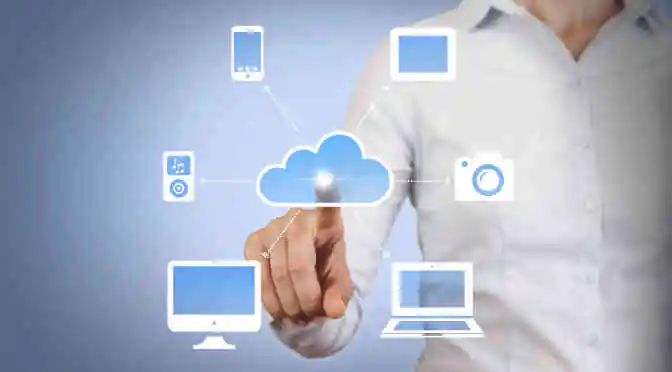Did you know that even a slight increase in the adoption of e-invoicing helps save approximately 700,000 trees and increases the efficiency of business processes?
There is increased pressure on organizations to reduce their carbon footprint and use green technologies, such as e-invoicing which also helps to boost corporate social responsibility programs of organizations. E-invoicing also enhances collaboration among different business processes and compiles data to obtain the desired outcome. The Global E-Invoicing Market is currently growing at a rapid rate and is expected to post a CAGR of 23.30 percent during the period 2013-2018.
In several European countries, e-invoicing has become mandatory to reduce paper usage. Some companies have accepted the mandate of adopting e-invoicing solution as it also helps in reducing the overall operational costs. For instance, in Finland most of the organizations utilize e-invoicing solutions instead of paper invoices.
Earlier, SMEs had limited options when seeking to adopt a system that would ensure optimal business performance. This was because they did not require, or could not afford, all the features of enterprise-class systems. Their options were limited to freeware, low-end or open-source solutions that mainly focused on server or network monitoring.
In the last few years, many SMEs have become aware of the significance of having a solution that preserves their brand reputation and enhances the business process. Some new vendors in the e-invoicing space have recently entered the market with offerings that are positioned to capitalize on this trend. The combination of these new vendors’ pricing models and the capabilities and ease of management that their solutions offer makes these products appealing, especially to SMEs.
Although large sectors such as Retail, Telecom, and Financial Services, and government organizations are the major end-users of e-invoicing solutions, the solutions are witnessing increased demand from various other sectors such as Healthcare, Logistics, Utilities, and Manufacturing.
The Retail sector is considered as an early adopter of these solutions and is known for investing heavily in IT. The Telecom sector follows the Retail sector very closely in terms of market penetration and technological development. The Financial Services sector is growing at a high rate and is expected to increase its adoption of e-invoicing solutions in the near future. Moreover, this sector is demanding high-end technology to provide advanced services to its clients.



